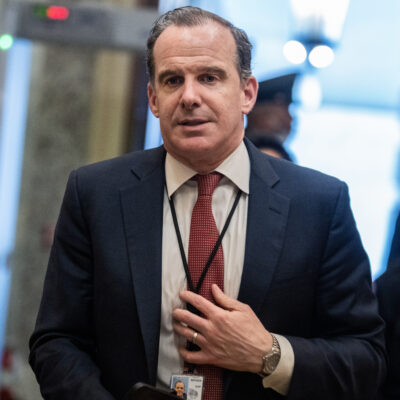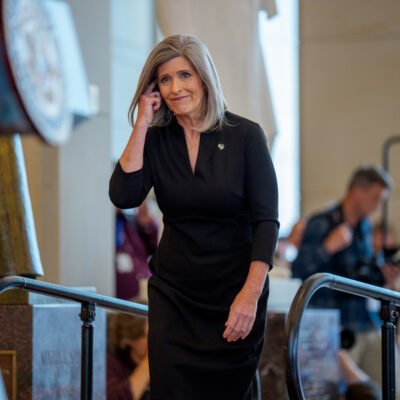
LUDOVIC MARIN/AFP via Getty Images
Macron’s Palestinian state push comes as report recommends step to appease Muslims
France is sponsoring a U.N. conference towards recognizing a Palestinian state, as experts warn harsh rhetoric from Macron encourages homegrown antisemitism
Israel and France have been on a diplomatic collision course in recent weeks, with French President Emmanuel Macron set to lay out steps toward the recognition of a Palestinian state at a French- and Saudi- sponsored conference promoting a...






